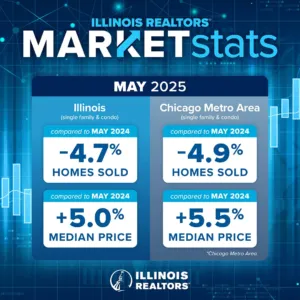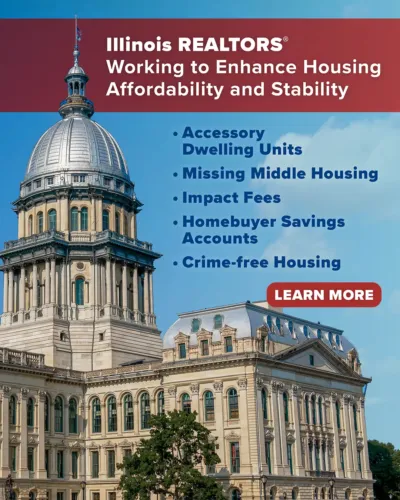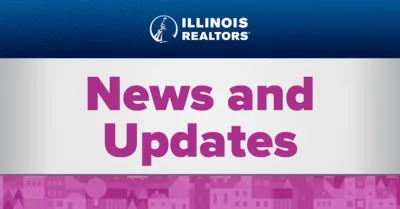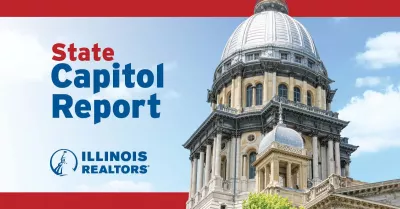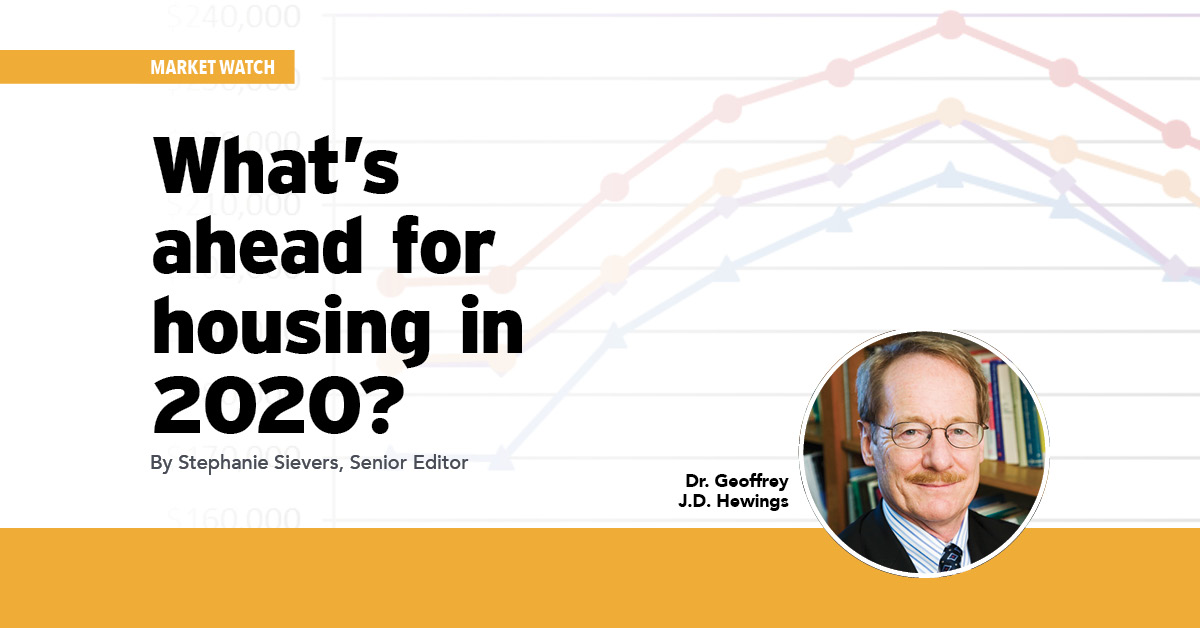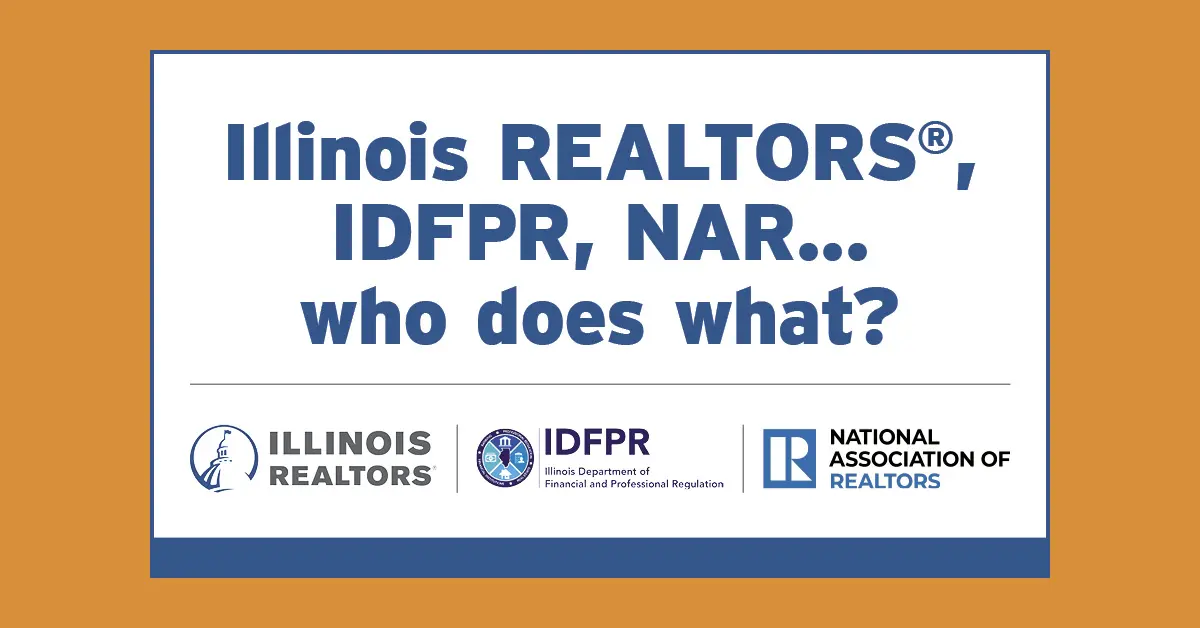The Illinois housing market in 2019 was at times mixed, with fairly steady home prices but more irregularity when it came to home sales trends. Illinois REALTOR® talked to Geoffrey J.D. Hewings, emeritus director of the Regional Economics Applications Laboratory at the University of Illinois, about the economic factors to watch in 2020 and his forecast for the Illinois housing market.
Q. In 2019, home prices experienced steady gains but home sales often fluctuated. What were some of the economic factors that affected the housing market in 2019?
The major source of uncertainty can be traced to (1) forecasts of an imminent recession and (2) the continuing tariff conflicts between the U.S. and China and U.S. and the European Union. The impact has been felt primarily in the agriculture and manufacturing sectors, although many service sectors have been affected. This uncertainty has dampened housing demand, especially in the second half of the year, and has not countered the strong, positive attractions of lower interest rates.
Q. How much of an issue has low inventory been on market growth?
Apart from the economy, low inventory has been a continuing problem in the last six years, especially in the lower-price ranges. However, prospective buyers across all price ranges have commented that the limited inventory has deterred them from purchasing a home.

Q. What are you forecasting in terms of home sales and prices in 2020?
We are forecasting continued median price growth in both Illinois and the Chicago Metro Area with a slightly greater month-to-month range in Illinois than the Chicago area. By December 2020, we anticipate median prices to reach $207,409 in Illinois and $243,533 in the Chicago Metro Area. For sales, the picture is mixed. Illinois is forecast to experience negative gains (year-over-year) for most months in Illinois. On the other hand, in the Chicago Metro Area most months will see positive year-over-year gains. If mortgage rates remain low, there could be a “bump” in sales.
Q. What are some of the key economic trends to watch for in the new year?
The national election will continue to dominate the news cycle, closely followed by progress, or the lack thereof, in key tariff negotiations. Slowing growth in China and Europe will have both direct and indirect repercussions on growth in Illinois. Chicago’s employment growth has been positive, but lags behind other major metropolitan regions although it is in line with trends in the Midwest as a whole.
Q. In recent years, the state budget and other government issues have negatively affected the Illinois housing market. Is that still the case?
The issues now center on fiscal management, especially finding ways to reduce the unfunded pension deficits and the accumulating current account deficits. Close attention will be paid to the vote on a graduated income tax for Illinois, the additional revenue from which undergirds a lot of the proposed capital spending in the state.

Q. You’ve talked in the past about the outmigration of people leaving Illinois and its impact on housing. Has anything blunted that outmigration or is it expected to continue? How will it continue to affect home sales and values?
Outmigration will continue. The challenge is to convince the market that the state’s fiscal challenges are being addressed and that additional tax revenues will be allocated strategically between debt repayment and funding infrastructure maintenance and replacement. Those improvements would make the state attractive for new businesses to locate and for existing businesses to expand. With these responses, job growth (and in-migration) will be muted with a corresponding dampening effect on the housing market.
Q. Finally, how much of a factor are foreclosures on the market right now?
The share of foreclosure sales in total monthly home sales has dropped significantly over the past two years. For example, in October 2019, they accounted for less than 8 percent of total sales. The foreclosure inventory, however, has been growing over the last year, and we are monitoring this trend carefully. Given the lengthy legal process involved in processing foreclosed properties, the inventory growth may reflect market conditions of some years ago. Further, in some months, the prices of foreclosed sales have been growing faster than prices of regular sales so that the effect of overall median prices has not been negative.
Find the complete 2020 housing forecast at: www.IllinoisRealtors.org/Marketstats

